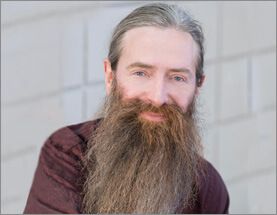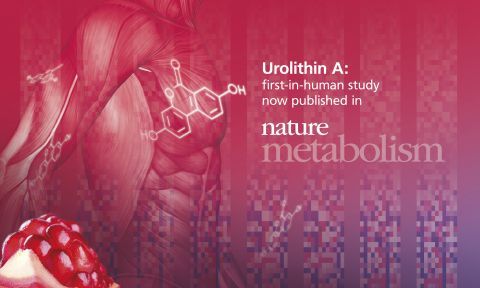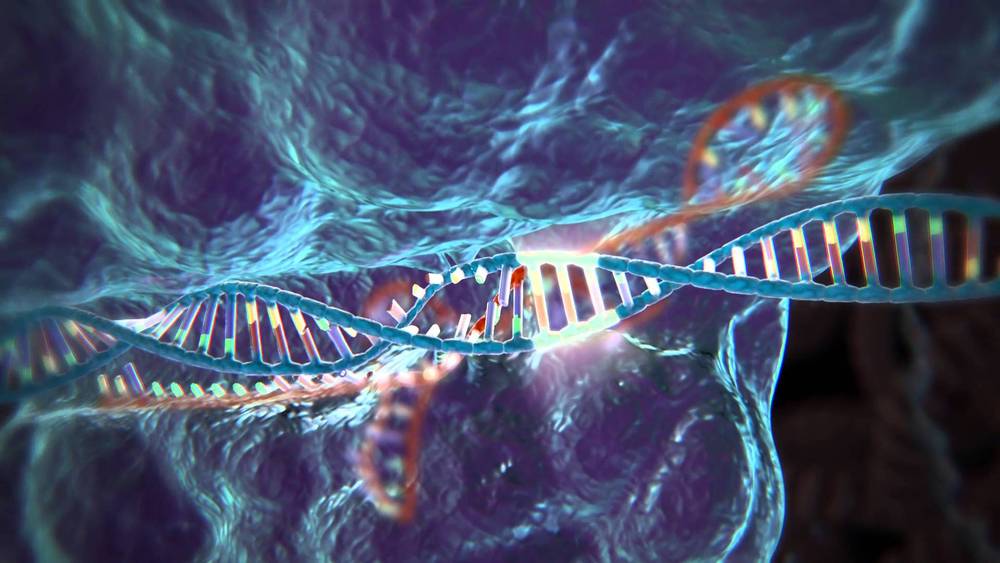Urolithin A, a metabolite of biomolecules found in pomegranates and other fruits, could help slow certain aging processes. EPFL spin-off Amazentis, in conjunction with EPFL and the Swiss Institute of Bioinformatics, has published a paper in the journal Nature Metabolism outlining the results of their clinical trial.
It is a fact of life that skeletal muscles begin to lose strength and mass once a person reaches the age of 50. A recent clinical trial involving two EPFL entities—spin-off Amazentis and the Laboratory of Integrative Systems Physiology (LISP) – showed that urolithin A, a compound derived from biomolecules found in fruits such as pomegranates, could slow down this process by improving the functioning of mitochondria—the cells’ powerhouses. A joint paper presenting the results of the trial, published today in Nature Metabolism, also demonstrates that ingesting the compound poses no risk to human health.





